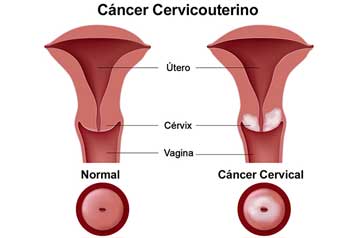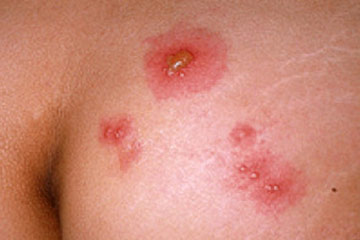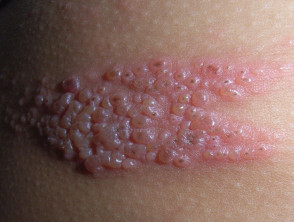Human papillomavirus and oral cancer
What is genital HPV?
Genital human papillomavirus (also called HPV) is the most common sexually transmitted infection (STI) in the U.S. Most types of HPV are not harmful to people.
There are more than 40 types of HPV that can infect the genital areas as well as the mouth and throat. Most people who become infected with HPV do not know that they are infected.
What is oral HPV?
The same types of HPV that infect the genital areas can infect the mouth and throat. HPV found in the mouth and throat is called “oral HPV.”
Some types of oral HPV (known as “high risk types”) can cause cancers of the head and neck area. Other types of oral HPV (known as “low risk types”) can cause warts in the mouth or throat.
In most cases, HPV infections of all types go away before they cause any health problems.
What head and neck cancers can be caused by HPV?
HPV can cause cancers in the back of the throat, most commonly in the base of the tongue and tonsils, in an area known as the “oropharynx.” These cancers are called “oropharyngeal cancers.”
How does HPV cause cancer?
HPV can cause normal cells in infected skin to turn abnormal. Most of the time, you cannot see or feel these cell changes. In most cases, the body fights off the HPV infection naturally and infected cells then go back to normal. But in cases when the body does not fight off this virus, HPV can cause visible changes and certain types of HPV can cause an oropharyngeal cancer. Cancer caused by HPV often takes years to develop after initially getting an HPV infection. It is unclear if having HPV alone is sufficient to cause oropharyngeal cancers, or if other factors (such as smoking or chewing tobacco) interact with HPV to cause these cancers. More research is needed to understand all the factors leading to oropharyngeal cancers.
Signs and symptoms of oropharyngeal cancer
Signs and symptoms may include persistent sore throat, earaches, hoarseness, enlarged lymph nodes, pain when swallowing, and unexplained weight loss. Some persons have no signs or symptoms.
How common is oral HPV?
Studies in the U.S. have found that about 7% of people have oral HPV. But only 1% of people have the type of oral HPV that is found in oropharyngeal cancers (HPV type 16). Oral HPV is about three times more common in men than in women.
How common are cancers of the oropharynx?
Each year, in the U.S., about 8,400 people are diagnosed with cancers of the oropharynx that may be caused by HPV. Cancers of the oropharynx are about three times more common in men than women.
How do people get oral HPV?
Only a few studies have looked at how people get oral HPV, and some of these studies show conflicting results. Some studies suggest that oral HPV may be passed on during oral sex (from mouth-to-genital or mouth-to-anus contact) or open-mouthed (“French”) kissing, others have not. The likelihood of getting HPV from kissing or having oral sex with someone who has HPV is not known. We do know that partners who have been together a long time tend to share genital HPV—meaning they both may have it. More research is needed to understand exactly how people get and give oral HPV infections.
How can I lower my risk of giving or getting oral HPV?
At this time no studies have explored how oral HPV can be prevented. However, it is likely that condoms and dental dams, when used consistently and correctly, will lower the chances of giving or getting oral HPV during oral sex, since they serve as barriers, and can stop the transmission of HPV from person to person. More research is needed to understand how oral HPV is passed on, how it can be prevented, and who is most likely to develop health problems from an oral HPV infection.
Is there a test for me to find out if I have oral HPV?
There is no FDA-approved test to diagnose HPV in the mouth or throat. Medical and dental organizations do not recommend screening for oral HPV. More research is needed to find out if screening for oropharyngeal cancers will have health benefits. Talk to your dentist about any symptoms that could suggest early signs of oropharyngeal cancer.
Can HPV vaccines prevent oral HPV and oropharyngeal cancers?
HPV vaccines that are now on the market were developed to prevent cervical and other less common genital cancers. It is possible that HPV vaccines might also prevent oropharyngeal cancers, since the vaccines prevent an initial infection with HPV types that can cause oropharyngeal cancers, but studies have not yet been done to determine if HPV vaccines will prevent oropharyngeal cancers.
Source
Human papillomavirus (HPV) and Oropharyngeal Cancer - Fact Sheet
Centers for Disease Control and Prevention






